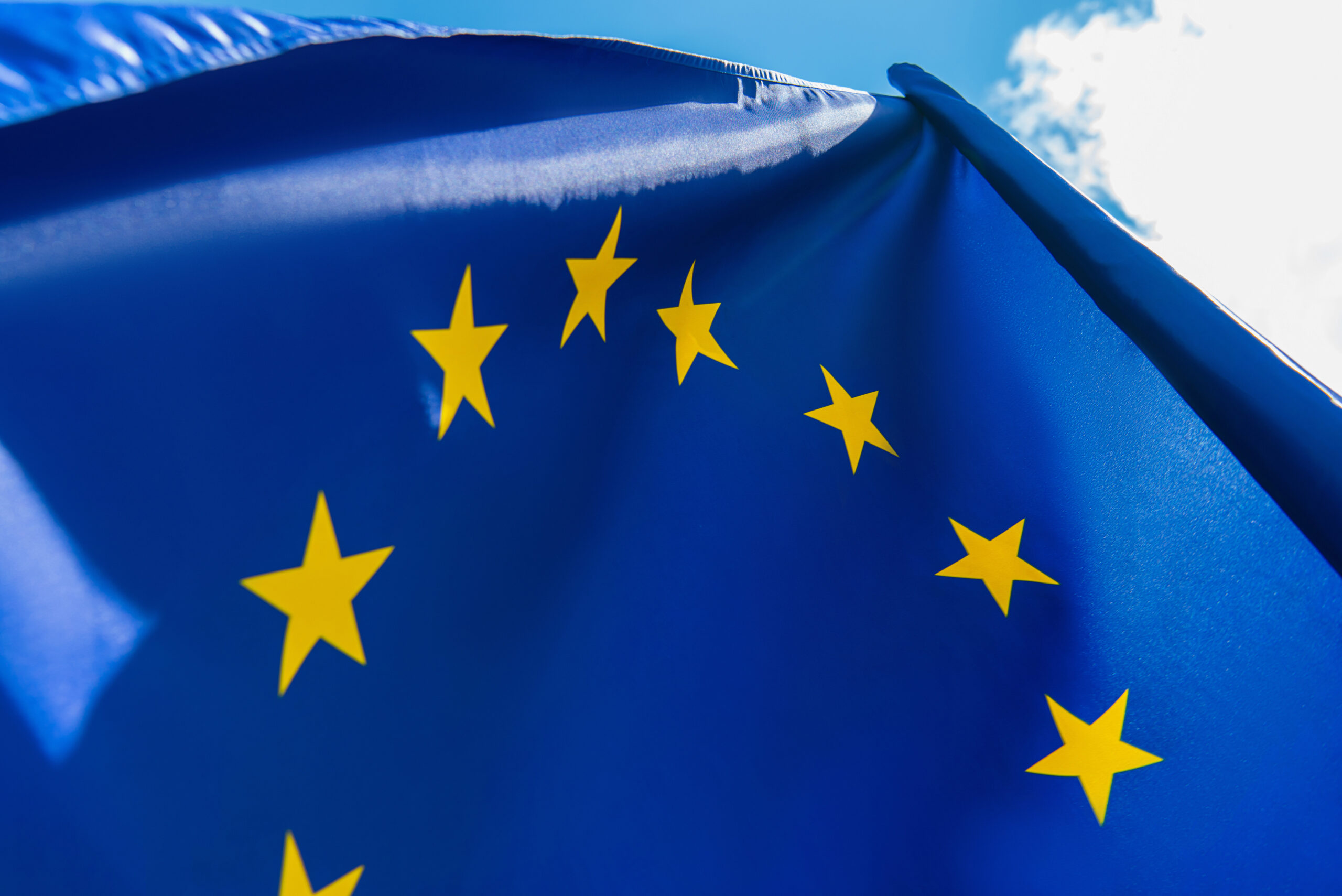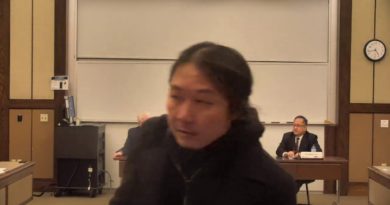Main developments in Competition Law and Policy – 2024 – Israel
The 2024 year unfolded amid ongoing challenges, such as regional conflicts and global uncertainty, which continued to affect Israel’s economic and regulatory environment. Despite these challenges, Israel’s competition regulations saw targeted legislative updates as well as decisive judicial intervention. These developments demonstrate the Israeli Competition Authority’s pragmatic approach in addressing anticompetitive practices, while navigating wider societal and economic restrictions. This report explores key legislative and judicial actions of 2024, emphasizing their implications for market fairness and consumer protection.
Legislative Developments
A key legislative change in 2024 was the Food Competition Promotion Law (Amendment No. The Food Competition Promotion Law (Amendment No. 8 and Temporary provision, 2024
In the automotive repair sector, the Competition Authority proposed reforms
This case is notable not only for the fines but also for the strong message it sends regarding the importance of obtaining prior approval for mergers and acquisitions. The Authority’s commitment in preventing market concentration is reflected by the imposition of maximum penalties, including over 11 million NIS against Strauss. This is especially true for emerging sectors such as plant-based products. The Competition Authority approved the privatization, but imposed strict conditions in order to ensure that it did not harm the competition on related markets. Israel Post, which operates the Rav-Kav system as a clearinghouse of transaction data, was one of the main concerns. Milgam was part of a consortium that entered the market for Rav Kav card loading services. This raised concerns that Milgam could gain an unfair competitive edge by accessing this data. This decision reflects Authority’s vigilance to prevent market concentration and ensure that new market entrants don’t unfairly benefit from accessing sensitive information. This case highlights the proactive approach taken by the Competition Authority to maintain competition on markets that are undergoing structural changes such as privatization. The decision highlights the importance of regulating the access to critical infrastructure and data to prevent anticompetitive practices. Bezeq, Israel’s largest telecommunications company, was accused of abusing monopoly power and restricting competitors’ access to its passive infrastructure. Bezeq, Israel’s largest telecommunications provider, has a monopoly on ducts, cables, and conduits. This gives it a significant advantage over its competitors. The Competition Authority found that Bezeq had obstructed competitors’ ability to deploy fiber-optic networks by refusing access to its infrastructure or by imposing unreasonable technical and operational barriers.
Bezeq’s refusal to grant competitors access to the “building access segment”–a critical connection point between public infrastructure and residential buildings–forced competitors to resort to costly and time-consuming alternatives. Additionally, Bezeq imposed restrictive technical conditions on fiber-optic installations, which were deemed unnecessary and designed to create artificial barriers for competitors.
The Israeli Competition Tribunal ruled that Bezeq’s actions violated competition law, finding that its refusal to grant fair access to its infrastructure hindered competition and harmed consumers. The Tribunal imposed substantial fines on Bezeq, totaling 30 million NIS, along with a reduced fine for Bezeq’s CEO for her role in the violations.
This case is significant for several reasons. This case reinforces the obligation for monopolistic companies, especially in sectors such as telecommunications where infrastructure is critical to fostering competition, to provide fair and reasonable accessibility to essential infrastructure. The Tribunal’s ruling serves as a reminder that dominant players cannot use their control over essential resources to block competition or delay technological advancements.
Rafael and Aeronautics Merger Case
Rafael Advanced Defense Systems Ltd. and Aeronautics Ltd. sought approval
for a consensual order with the Competition Authority under Section 50B of the Economic Competition Law, replacing financial sanctions. The case involved unreported transactions that were disclosed and approved by Authority, which found there was no harm to the competition. However, the companies violated the law by failing to report and seek prior approval for these mergers.
Rafael, a government-owned defense company, and Aeronautics, a private unmanned systems firm, entered into transactions granting Rafael control over Aeronautics. The transactions were not reported until after they had been completed, which was a violation of the law. To resolve the issue, the companies agreed to pay 3 million shekels in penalties, considering mitigating factors like cooperation and prompt reporting of the final transaction.
The Movement for Quality Government objected, arguing that the fines were insufficient and lacked individual accountability. The court, however, found the agreement reasonable and proportionate, in line with the law’s goals.
Willi-Food International Ltd. Case
Willi-Food International Ltd. was involved in violations
of Israel’s Food Law, specifically concerning pricing recommendations and interference with product displays in retail settings. Willi-Food International Ltd. reached an agreement with Israel’s Competition Authority as a result of the infractions. The agreement included a significant financial fine. This case highlights the Authority’s efforts to enforce compliance of the Food Law which regulates the behavior large food suppliers and retail stores in Israel. The penalties imposed on Willi-Food and other suppliers aim to deter future violations and ensure fair market practices.
Conclusion






